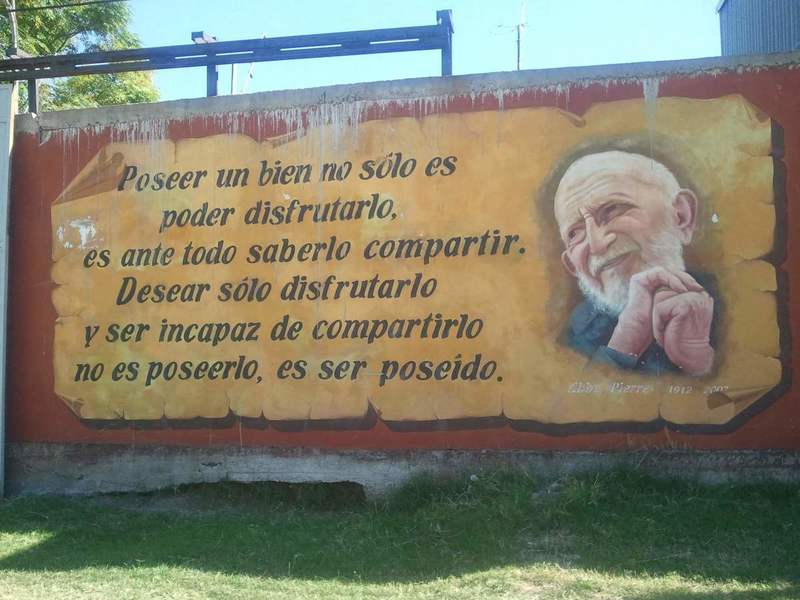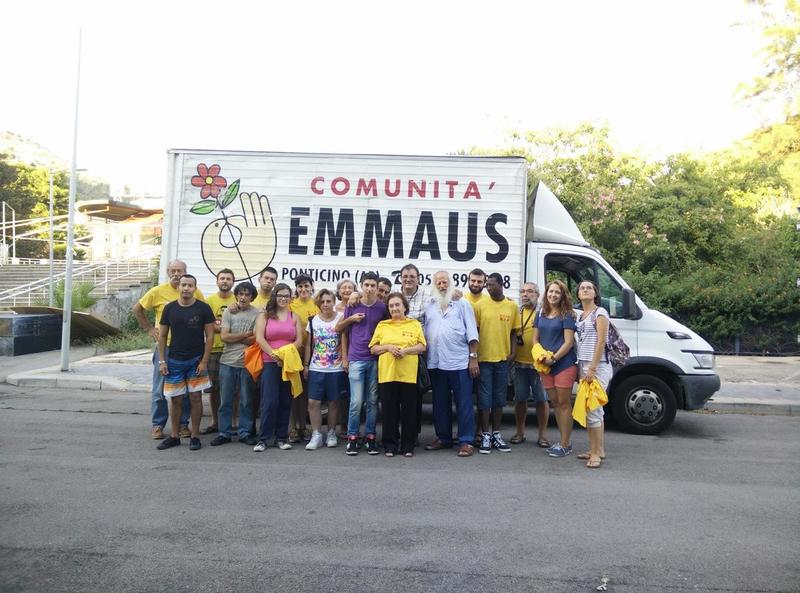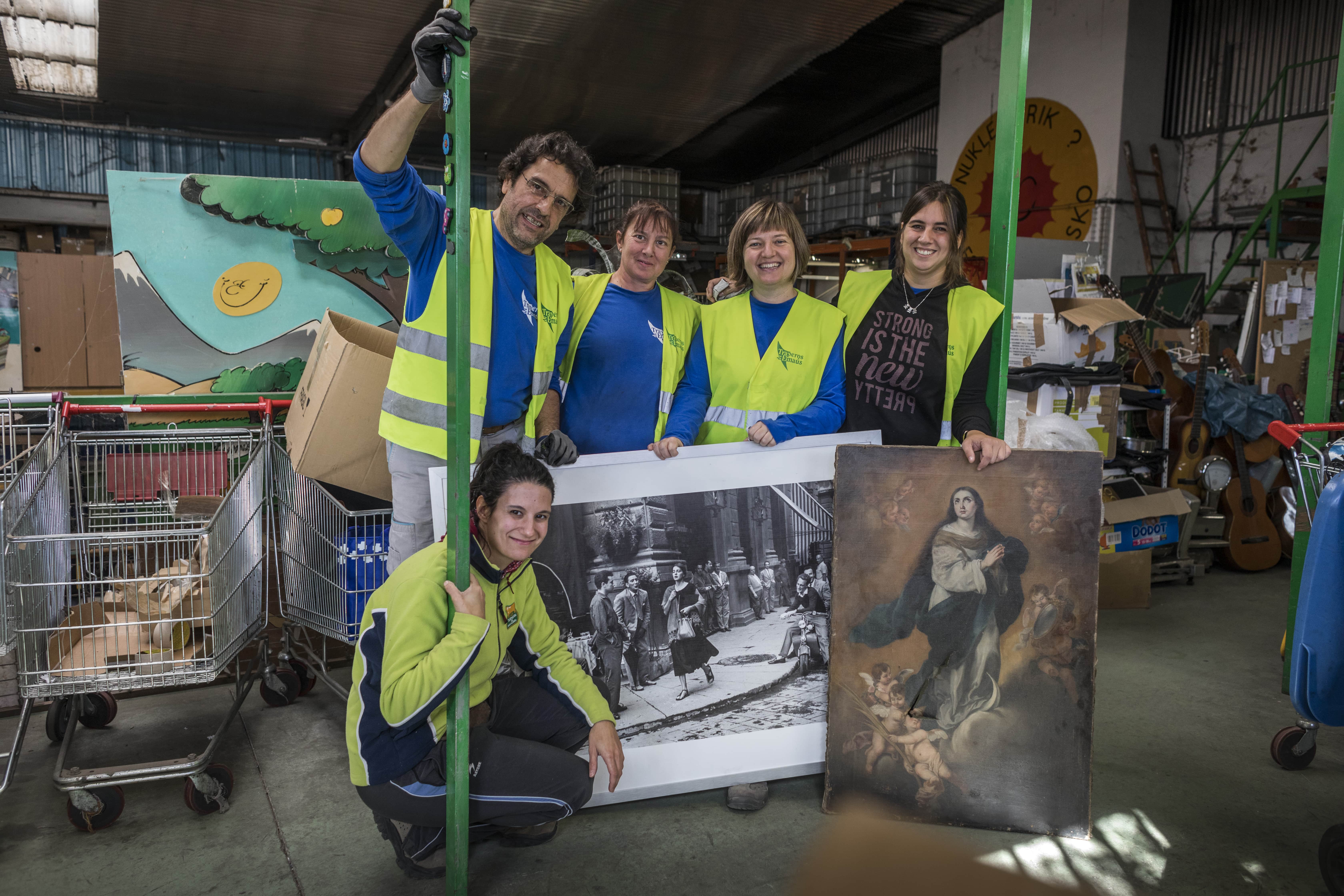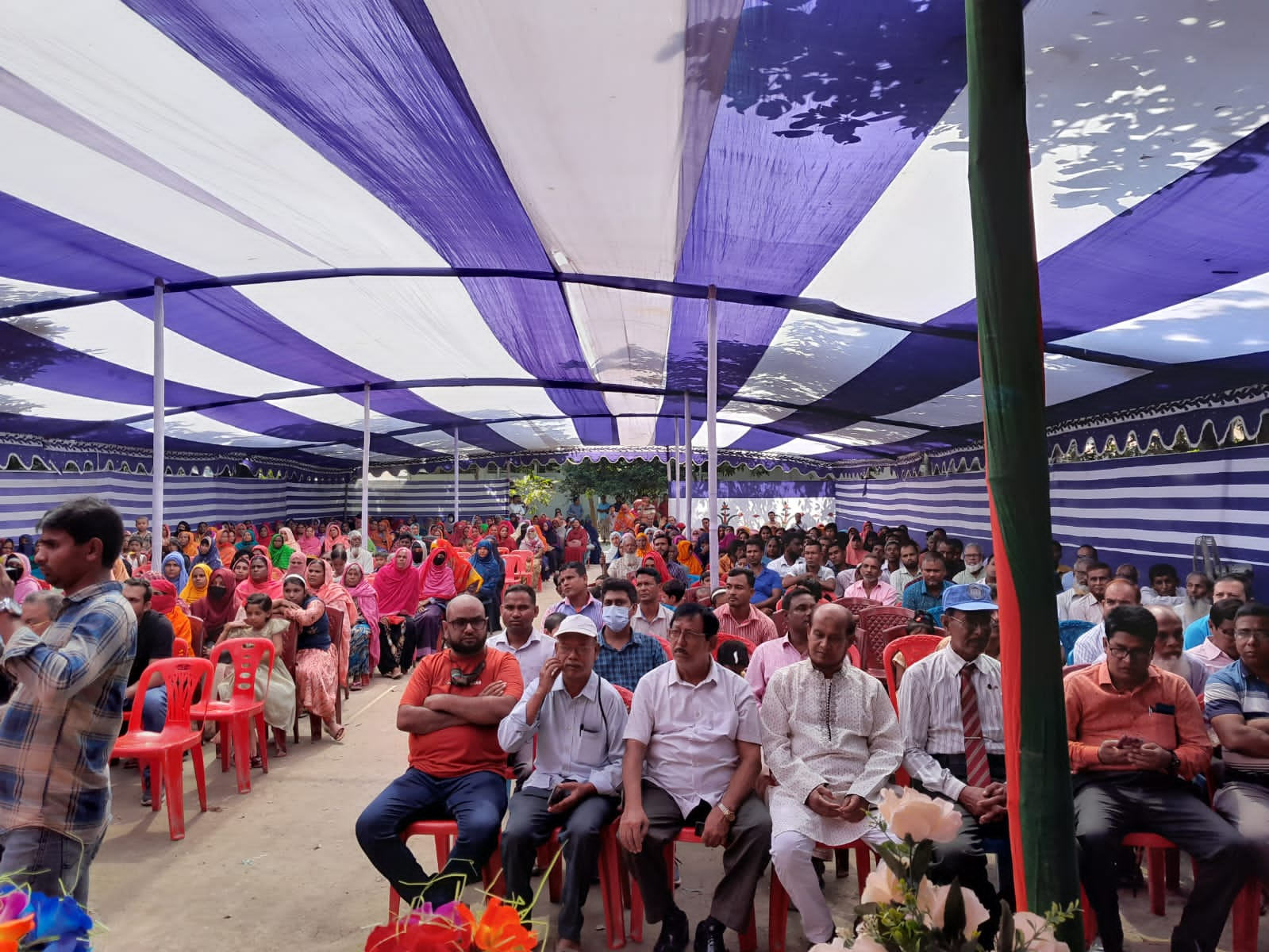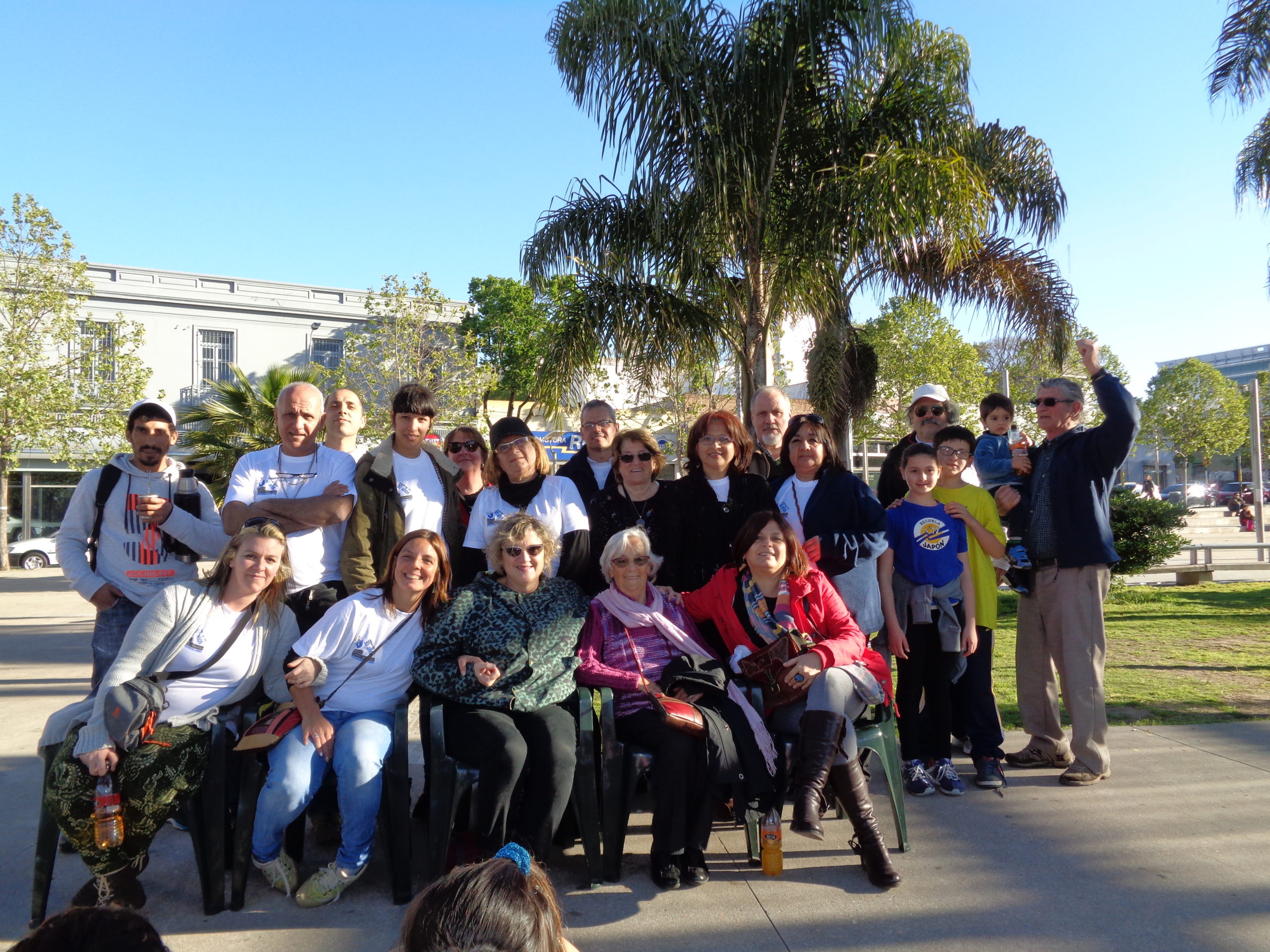
Yako, North – Burkina Faso
Strengthening the resilience of vulnerable communities.
THE CONTEXT OF YOUR INITIATIVE
The project covers seven communes of the province of Passoré and five communes of the province of Zondoma in northern Burkina Faso.
Burkina Faso is one of the poorest countries in Africa; nearly half of the population live on less than 1.25 USD per day (2013 Human Development Report).
In northern and central Burkina Faso, climate risks such as droughts and flooding exacerbate hunger and disease in manifold, interconnected ways, impacting on means of subsistence, food security, maternal and infant care as well as hygiene and health conditions. Climate change is set to continue eating away at the quantity of food available for a population that already ranks among the lowest food consumers in the world, and moreover, the number of malnourished children under the age of five is set to continue growing until at least 2025.
This is the context in which the project works to strengthen women’s resilience by equipping them with suitable technical knowledge and useful resources.
SEMUS opens daily, with support from its partners, out of a desire to help vulnerable communities flourish. It works to develop initiatives to combat poverty and abject poverty in all its manifestations. SEMUS’s vision is “a society of justice in which women and men come together in solidarity to promote equality and human dignity”.
THE ACTIVITIES CARRIED OUT AS PART OF YOUR INITIATIVE
Beyond providing financial services to the community, this project makes use of the existence of savings groups to build a solid platform upon which it organises various activities. They include:
1. Disseminating messages about women and appropriation, optimisation and becoming self-sufficient,
2. Providing an educational support pack to improve knowledge of and practices relating to nutrition, agricultural production, means of subsistence and financial services,
3. Connecting people with service providers who work to popularise farming and/or run demonstration sites,
4. Providing access to agricultural funding services, particularly mobile-money services and/or loans,
5. Organising men-to-women dialogues on means of subsistence and self-sufficiency.
WHO IS INVOLVED FROM OUR GROUP?
Our operational team is comprised of: six organisers – three of whom three are women –, one trainer and one coordinator/supervisor who runs activities on the ground. Financial and equipment-related matters are run by the accounting department at SEMUS.
WHICH PARTNERS ARE YOU WORKING WITH ON THIS INITIATIVE?
FUTURE PROSPECTS
Today, the project helps 12 communes (7 in the province of Passoré and 5 in the province of Zondoma).
By 15 November 2016, the project had:
– Reached 214 villages
– Set up 1,740 savings groups
– Enrolled 40,000 women in the savings groups
– Raised over 500,000,000 CFA (€762,245) and redistributed these funds in the form of loans to members
– Today, thanks to contact between the savings groups and the network of credit unions in Burkina Faso, over 100 savings groups namely some 2,500 women have access to financial services that enable them to develop their enterprises.
To ensure the project’s objectives are achieved, a team comprised of eight technicians supervises and trains the groups.
Activities are carried out to guarantee that the objectives of the agricultural part of the project are achieved. These include:
– Informing/raising awareness within communities regarding the project objectives and how it is run,
– Identifying sectors that are doing well (agricultural products) for members of savings groups,
– Forging links with partners who provide technical services,
– Identifying service providers (providers of inputs, vaccinators, volunteers from villages)
– Evaluating needs in terms of inputs,
– Training 240 community agents and resource people in agricultural production techniques,
– Forging links with the network of credit unions, etc.
The activities carried out as part of this project enable women to:
– Gain a certain degree of financial independence, and to thus depend less on their husbands,
– Learn about intelligent farming techniques, thus strengthening their resilience to climate shocks
– Develop income-generating activities, thus diversifying and growing their sources of income,
– To help educate and care for their children,
– Improve their living conditions (have good clothing, dress better, etc.).
WOULD YOU LIKE TO ADD ANY INFORMATION ABOUT YOUR INITIATIVE?
WHAT ARE YOUR PROSPECTS?
It’s important for the project stakeholders to work to improve their technical and financial capacities. To this end, the following activities need to be carried:
– Support the set-up of properly equipped headquarters for each union,
– Support qualified volunteers so that they can monitor the unions and their subsidiaries,
– Seek funding to enable women to develop their activities.

